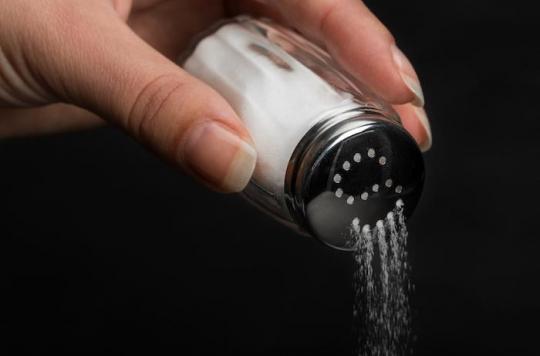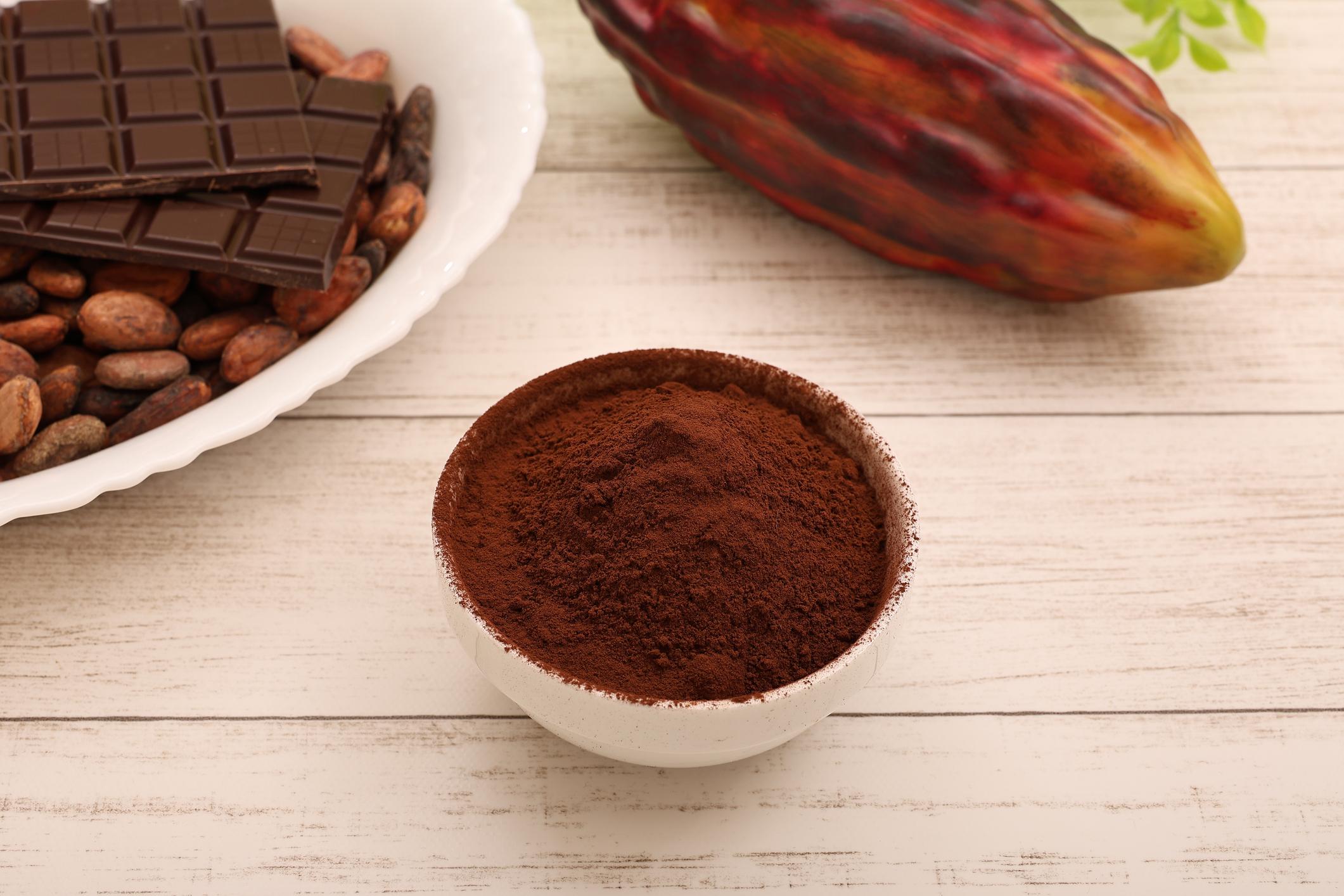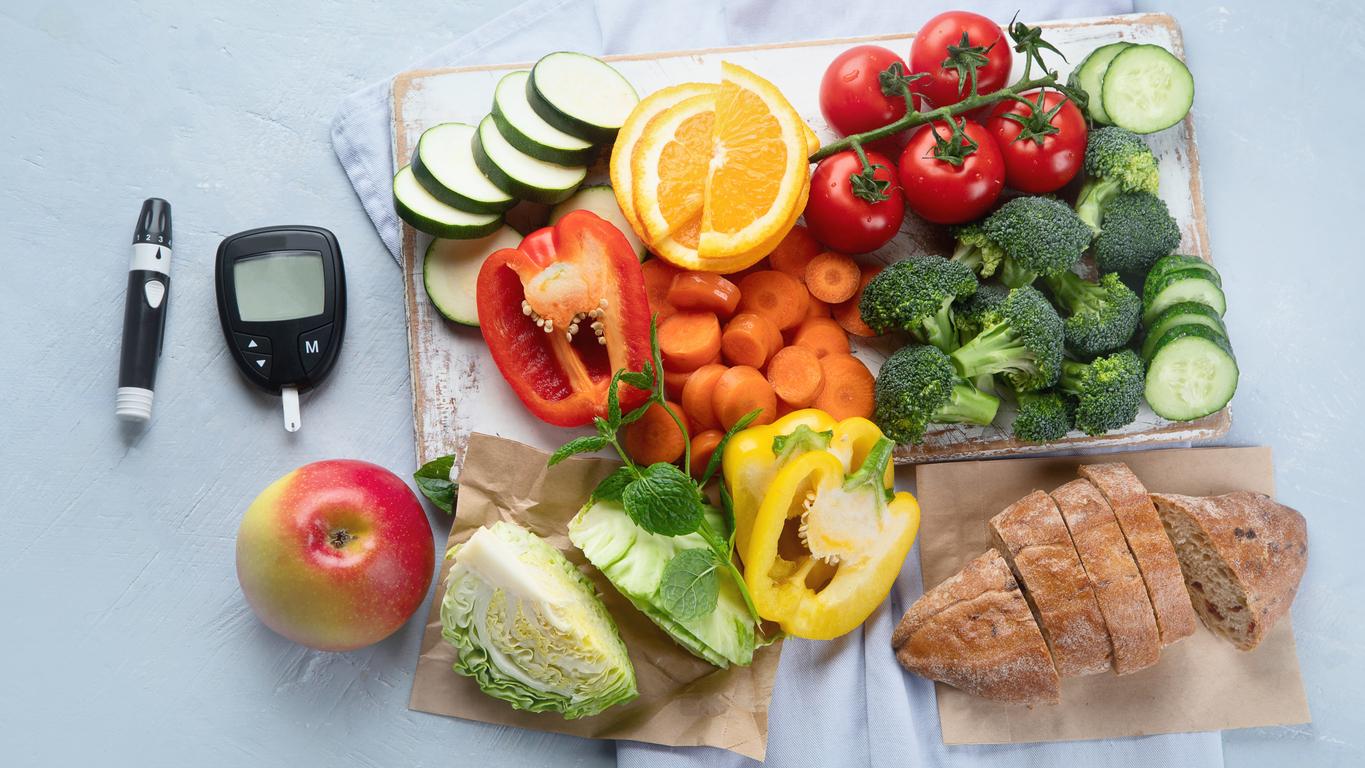The parliamentary commission of inquiry on industrial food, which is considering introducing a new tax on excessively salty products, will submit a report on the subject at the end of September.

We talk a lot about overconsumption of sugar, less of salt. However, the French eat too much of it. 12 grams per day, to be precise, which is twice the daily 5 grams recommended by the World Health Organization.
“An overconsumption of salt has consequences in terms of health: cardiovascular diseases, hypertension and to a lesser extent, we also know that too much salt consumption promotes osteoporosis in women”, explains to RMC Florence Foucaut, nutritionist.
A report on the subject at the end of September
Armed with these elements, and knowing moreover that the majority of the salt ingested comes from food processed by the industry (bread, ready-made meals, etc.), the deputies are considering a tax on excessively salty products. The parliamentary committee of inquiry on industrial food will submit a report on the subject at the end of September.
The idea is to follow the model of the famous soda tax. Established since 2013, it is proportional to the sugar level in the drink, and not fixed according to a threshold. The one implemented more than a year ago in Philadelphia (United States) would have reduced the daily consumption of sugary drinks by 40%. “Financially rewarding good students is not enough, manufacturers must be forced to get their customers out of the habit of eating too sweet or salty. Nothing justifies the doses found in many dishes”, explains Michèle Crouzet, LREM member and rapporteur. of the parliamentary commission of inquiry.
Risk of cardiac incident
More than 12 million French people are currently treated forhypertension, and one million hospitalizations are linked to cardiovascular disease. According to a study presented last year at the annual congress of the European Society of Cardiology (ESC), by doubling the salt intake in the diet, we also double the risk of heart failure.
“There is a human cost, a quite considerable economic cost, it is necessary to take measures which are radical, since one procrastinates for years, not to say decades”, concludes on France Info Alain Bazot, president of theUFC-What to Choose. Note that after ready-made meals, bread is the main source of salt in our diet. Some, identified by a study conducted by the organization World Action on Salt & Health (WASH), contain 2.65g of salt per 100g… or more than sea water!

.
















